U.S. Army Vietnam War Chicago, IL Flight date: 10/06/21
By Al Konieczka, Honor Flight Chicago Veteran Interview Volunteer
While growing up in Chicago, Carol saw her brother head off to Vietnam as part of the 101st Airborne Division and decided she too wanted to enlist and do her part to serve her country. Carol looked to join the Navy in the Spring 1970, while a senior at Purdue University, but was not yet ready to serve as her brother was still serving in Vietnam. She headed off to England for 2 ½ years to work on her Master’s Degree; when she returned to the U.S. she began teaching at Morgan Park High School. Once again Carol thought about enlisting and looked at the Navy as an officer. She took all of the required tests, but was not accepted. She had also considered joining the Chicago Police Department. In November of 1974, at the age of 24, Carol applied for and was accepted into the Army. She was finally sworn in on July 14, 1975. When asked why she wanted to join the military, Carol casually responded, “To be honest, I simply had an internal desire to serve. It wasn’t anything more than that.”
She received a direct commission to the Wac Officer Orientation Course at Fort McClellan in Alabama. It was a 10-week course designed to train, assess, evaluate, and develop second lieutenants for the U.S. Army. She was an excellent student officer, graduating in the top 10 in her class. Carol recalled, “At that time in the 1970’s, women in the military were typically assigned to clerical positions. So now here I am, a female officer that came out ahead of all of these guys. There were about 20 women in the class out of a class of 100+ graduates.”
Upon graduating from OCS, Carol spent about four months at Fort McClellan assigned to one of the Military Police training battalions as the Supply Officer. Carol laughed as she told me, “I knew nothing about being a Supply Officer. I was filling a position for a short period of time that was open; it put me under the instruction of an E-7 (a Sergeant First Class/SFC who had 15 to 18 years of military experience) who had actually served time in Vietnam. We (women) were just fluff at that time.”
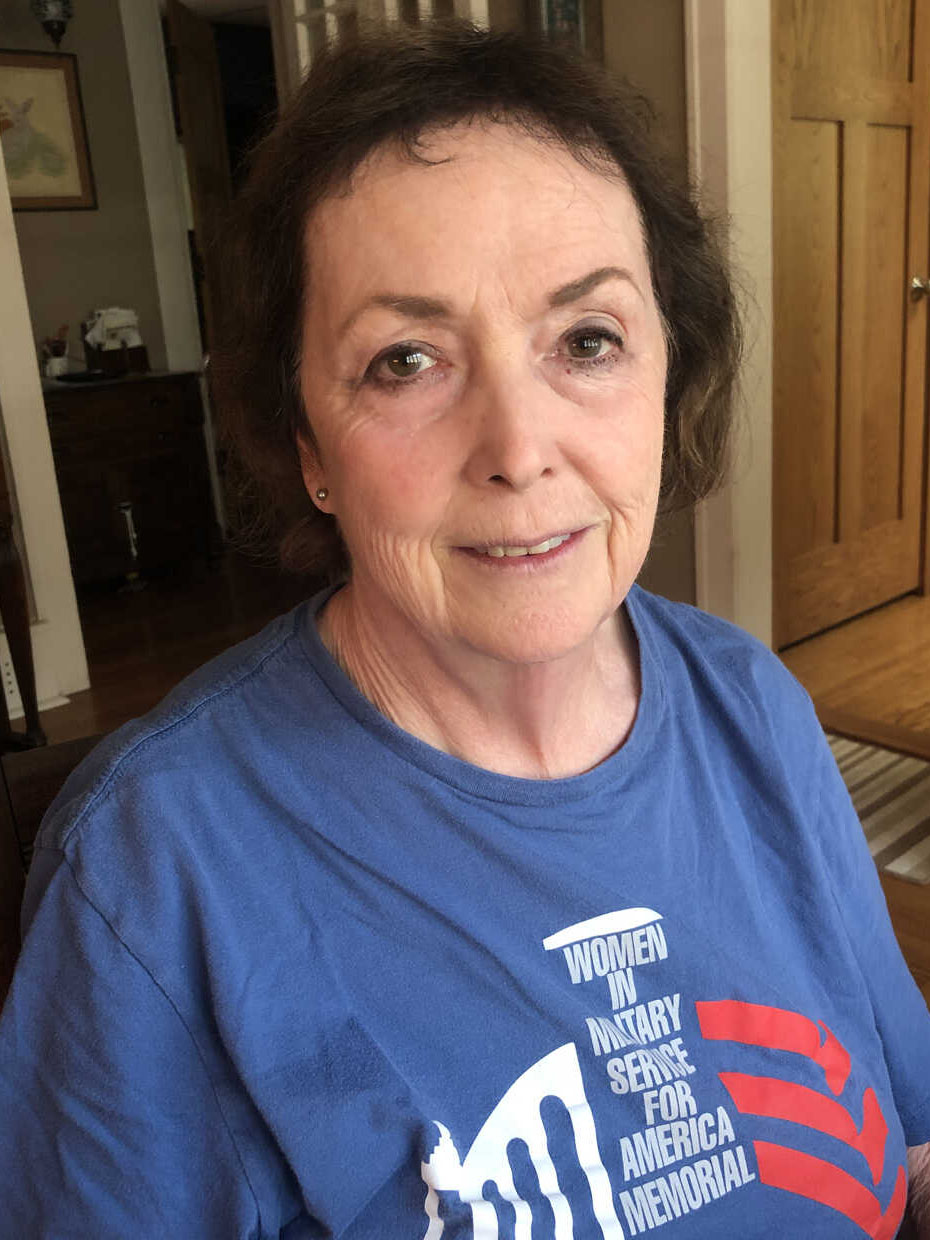
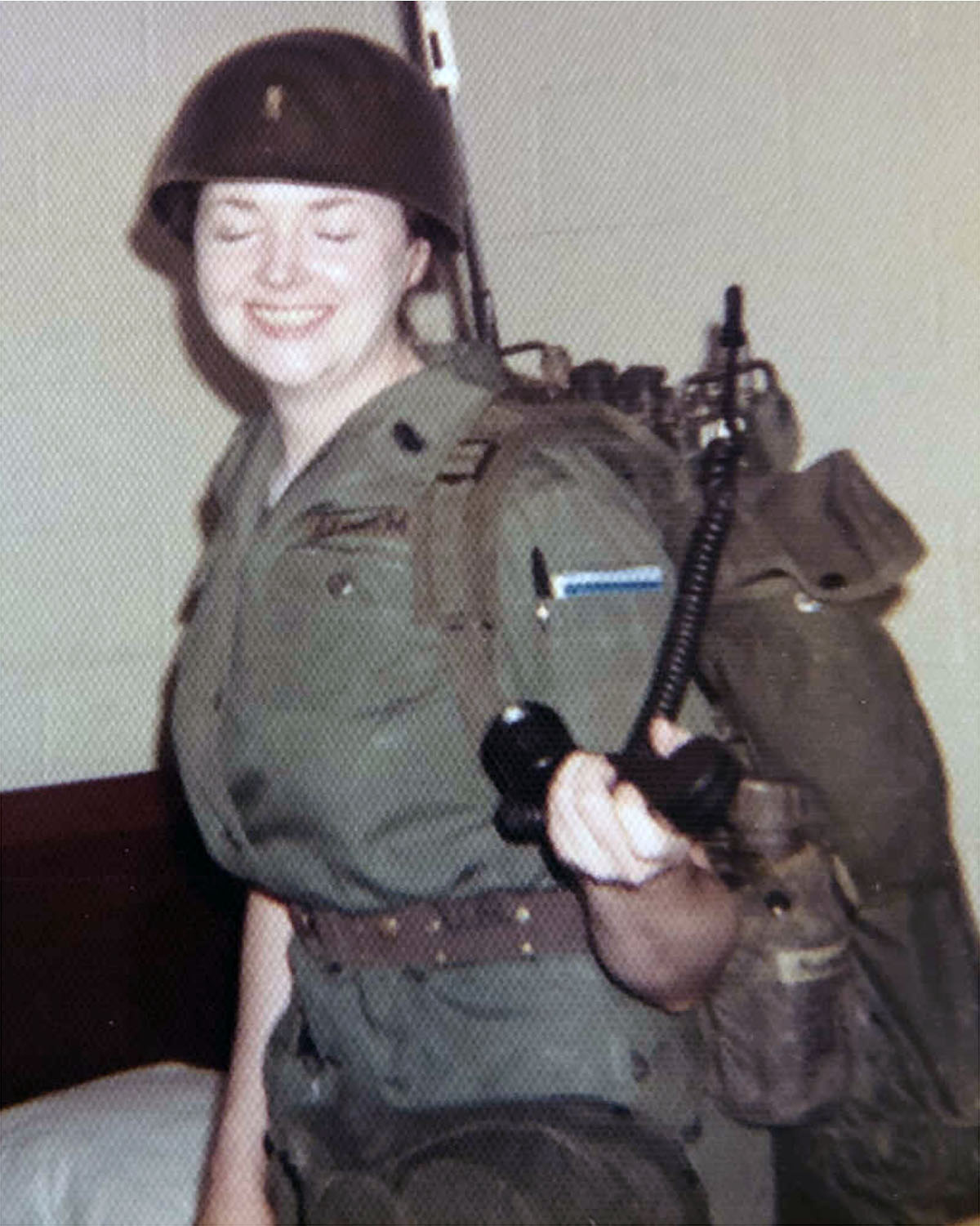
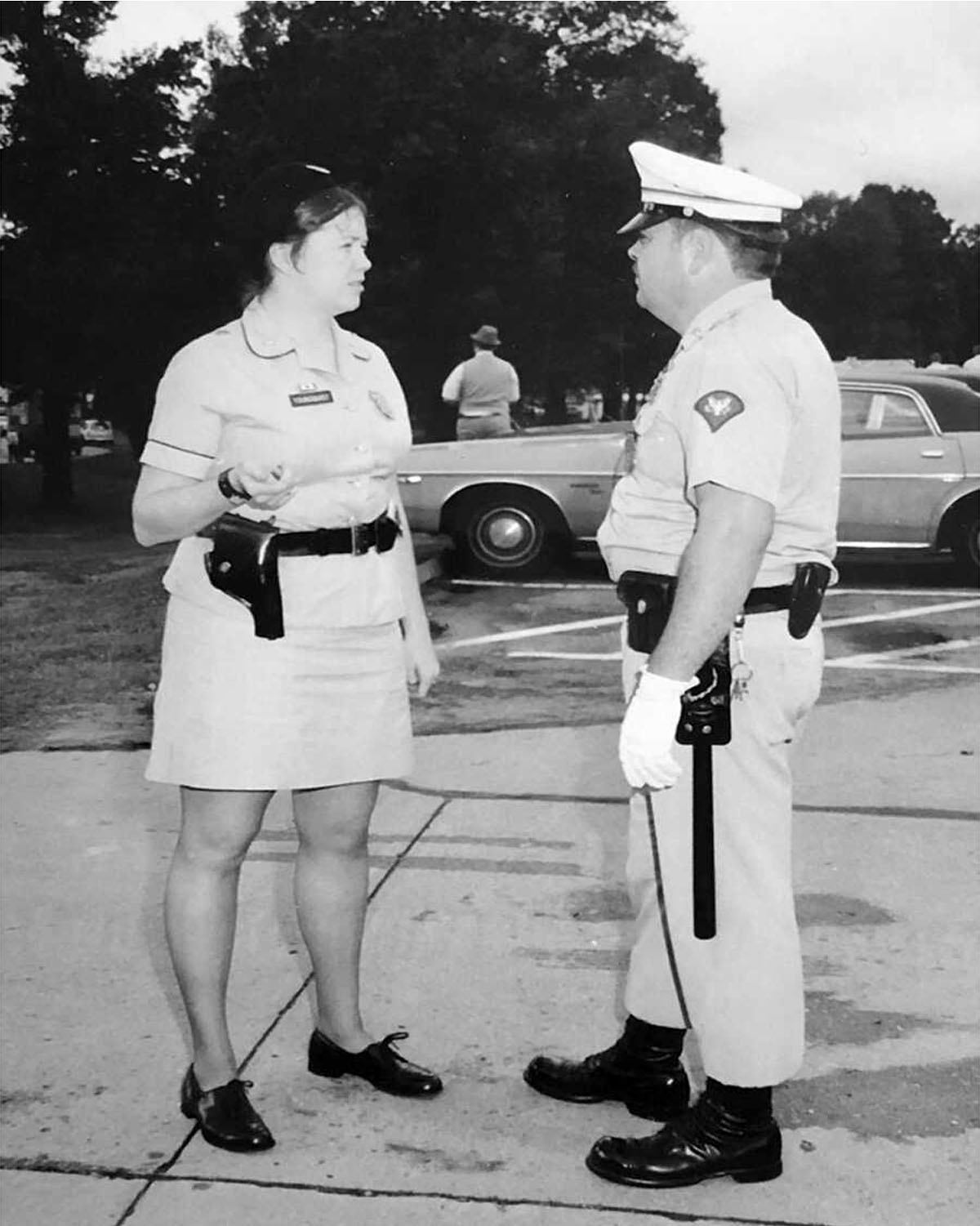
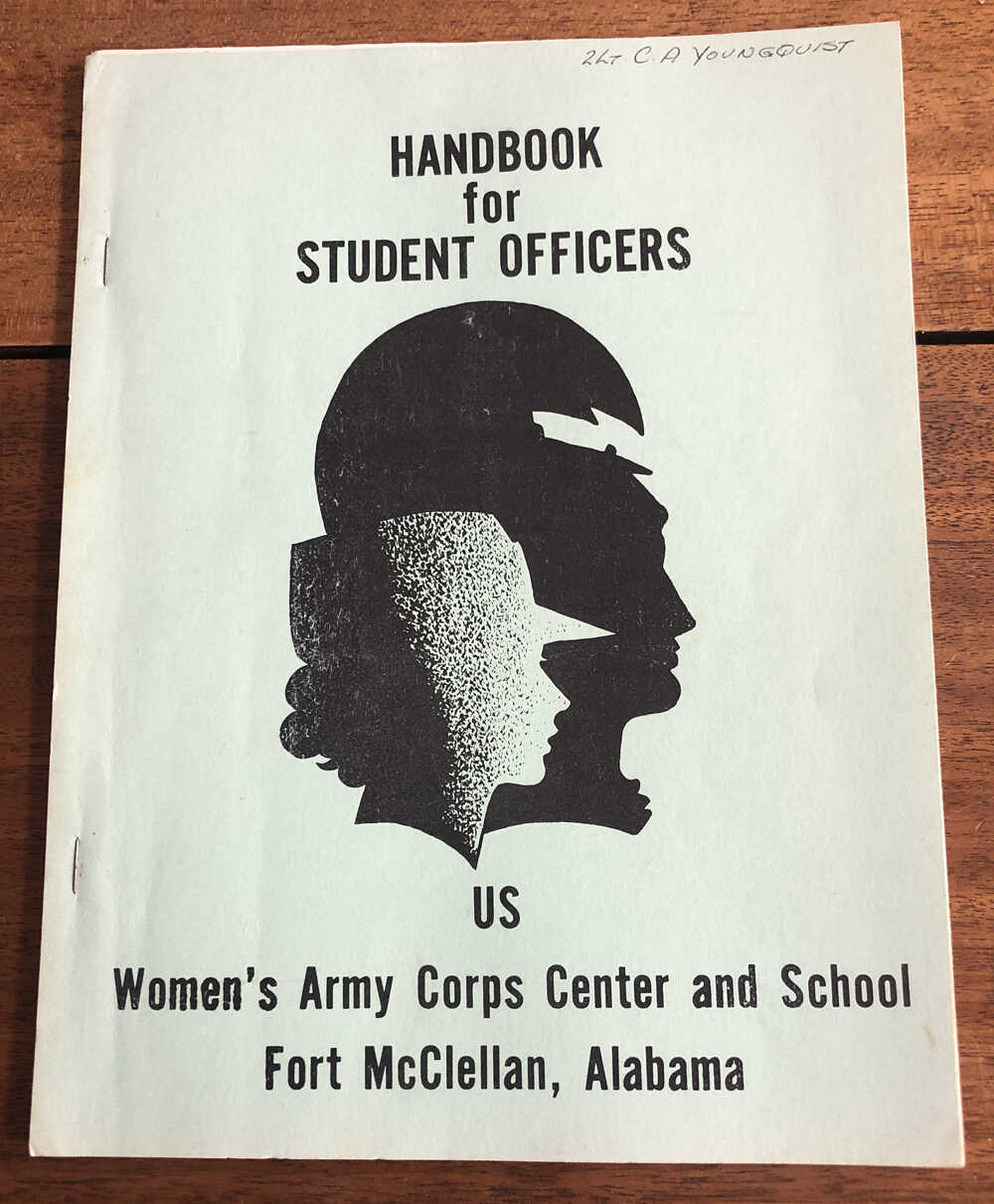
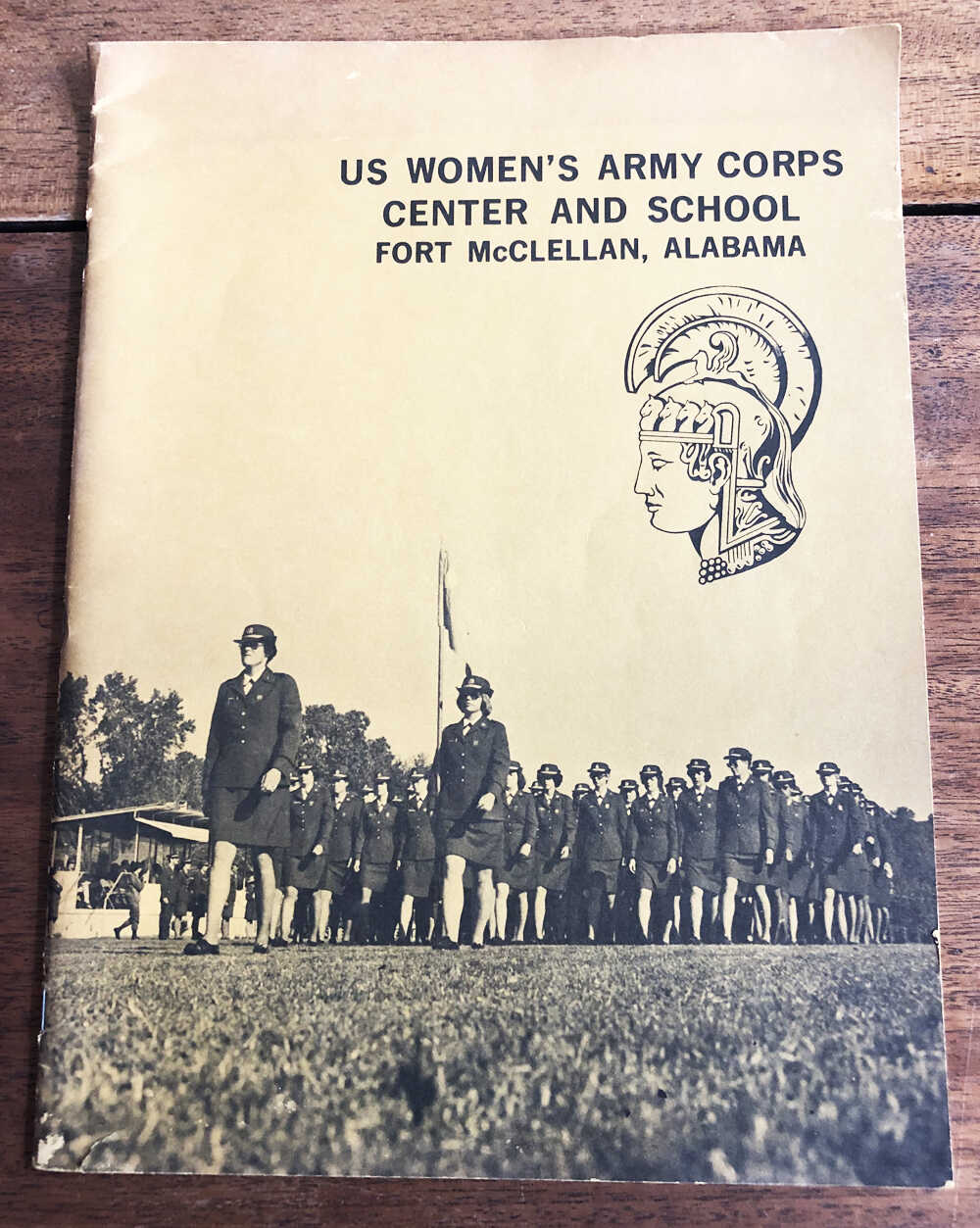
When it came time for Carol to select her specialty, it was either the Military Police, Military Intelligence or one other option. Carol, who already had an interest in law enforcement, opted to take the 10-week Military Police (MP) officer basic course which she completed in April, 1976 and she was 1st in her class.. By May of 1976, Carol was assigned to a position in the 555th MP Company at Fort Lee, located in Central Virginia. Fort Lee is home to the U.S. Army Combined Arms Support Command (CASCOM) and serves as a focused training installation for military supply, subsistence, maintenance, munitions and transportation. Up to 70,000 troops pass through the classrooms at Fort Lee yearly, making it the third largest training site in the Army.
While many of the company commanders at both Fort McClellan and Fort Lee were not very accepting of female officers in the Army, there was one person who earned Carol’s respect and became a sort of mentor to her. “Major John L. Pope, who was the Provost Marshal at Fort Lee, had been in Vietnam and was a bit older. He was always trying to train his young officers. It didn’t matter if you were a man or woman, he saw everyone simply as a young officer,” Carol explained.
Major Pope would bring all of his platoon leaders together to instruct them to know everything about those serving under them. He taught Carol to understand not only what the physical job entailed, but also to understand the human component of military life for those who served under her leadership. “So when the Battalion Commander (who’s not an MP) says there will be an inspection in full dress uniform, and our guys have worked the road all night, or the day before and had no time to pick up their uniforms from the laundry, we had to stick up for our people. We would go to the Provost Marshal, and our guys would be excused from some of those exercises,” recalled Carol.
There were two MP Companies at Fort Lee. The 515th MP Company carried ¼ of the road duty while the 555th MP Company, to which Carol was assigned, carried ¾ of the road duty. Carol described a typical day for her platoon like this, “We provided security for the base by guarding the gates, patrolling the grounds, picking up the domestic disturbances and responding to bomb threats. I was writing reports, counselling, performing the duties of the Nuclear Biological Chemical (NBC) officer, motor pool officer, providing training, making sure supplies were ordered and in place for all activities as well as checking weapons in and out three times per day.”
Uniforms were a big issue each and every day. While the men wore traditional khakis, the women wore a green striped two-piece dress and carried a purse along with a gun belt. As Carol remarked, “It was always a challenge. It simply wasn’t practical for the job we were doing. Finally Major Pope stepped in and said, ‘Come on, just put everyone in fatigues.’ After that, we were all somewhat uniform looking.”
In October of 1976, as America was celebrating its Bicentennial, the American Freedom Train made an appearance in Richmond, Virginia. Carol’s platoon was assigned to provide security at that event. The men slept in a gymnasium on cots for a week during the event. Another platoon member was in charge of weapons. Carol recalled, “We had racks for the 45s and someone was assigned to sit there the entire time on a rotating basis. Lady Bird Johnson even made an appearance at the event. We had two MPs on every train car and they rotated through the cars. So our platoon had responsibility inside and outside.”
The platoon did an outstanding job with security that week and was awarded a plaque for their efforts.
In March of 1977, Carol married her husband Greg at Fort Lee; he was one of the MP Officers in her platoon. By August of 1977, Carol ended her military commitment when her husband had been assigned to a position in Germany. Carol has two children, both of whom served in the military, and still currently serve in the Naval Reserves. Carol also has three grandchildren.
Carol joined the Army at a time when women were pressured to quit and had to endure harsh treatment and ridicule by their male superiors. As Carol put it, “What we were doing in 1975-76, and to a certain extent up until 1980 – We were the Marines hitting the beach! We were making it easier by dealing with some of the negative attitudes and stereotypes about women officers in positions that hadn’t been open before. We were actually in units that could be deployed – and that just hadn’t happened before.” Carol, and the other female officers she served with, helped pave the way for today’s female officers serving in the military.
Thank you Carol for your service that paved the way for the females serving in today’s military. Enjoy your day of honor as part of “Operation Her Story.”


